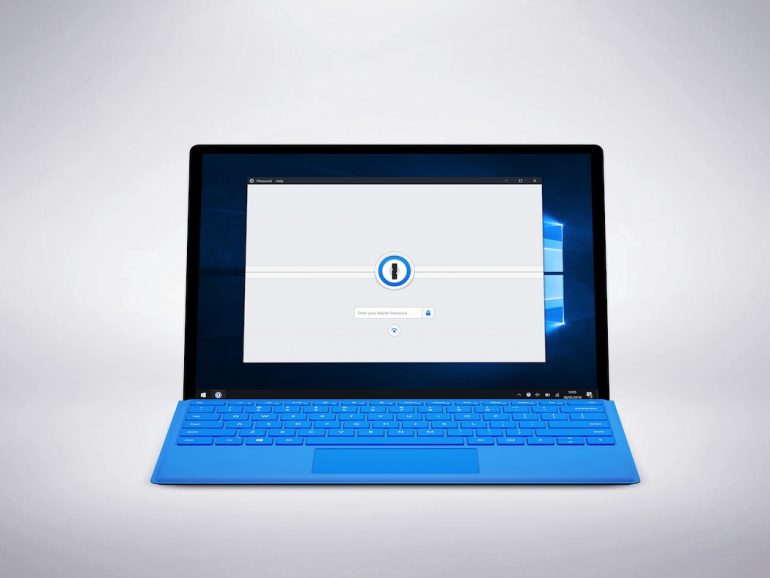At WWDC 2022, Apple demonstrated passkeys, touted as the thing that could finally kill the password, for good.
1Password CEO Jeff Shiner is not worried.
The leader of the password manager startup, which has become one of Canada’s most highly valued startups, says 1Password sees increased interest in its product anytime major brands like Apple focus on passwords.
“When we look at the Apples and Googles and Microsofts, they have an ability to educate at a level we just don’t,” Shiner told BetaKit at Collision 2022. “Every time they’ve introduced something our business has gone up significantly as a result of that.”
Shiner argued that offering platform-agnostic software is a key differentiator for 1Password and something that the larger companies can’t offer on the same level.
The CEO did concede, however, that he sees the likes of Apple as competition.
“I always want to treat it as competition. [We] always want to be a little bit afraid to internally drive [innovation],” he said, before adding, “I don’t think it’s direct competition in terms of what we’re trying to accomplish. But again, I think we need to keep our eyes open.”
As Apple is looking to make passwords easier (if not irrelevant) with passkeys by creating easier logins, 1Password has its own vision of the future: universal sign-on. The idea behind the product is to make it easier to sign on to multiple sites through singular logins.
During Collision on Tuesday, 1Password also announced the launch of a new tool that identifies security risks for businesses and offers suggested next steps.
1Password also finds competition with Apple on the universal login front: the company teamed up with Google and Microsoft in May as part of a joint commitment to build passwordless sign-on (passkey). 1Password joined the FIDO Alliance itself in June.
Whether or not the embrace of password management remains an intellectual exercise or actual competition is still up in the air. For now, it is clear that 1Password is scaling quickly.
Shiner noted that 1Password started the year with 500 employees and has since grown to 700 after raising $744.3 million CAD in January (at a valuation of $6.8 billion). The company has also been expanding its C-suite, a process that began after 1Password took on its first venture financing in 2019.
With a recently secured $744.3 million runway, Shiner noted that 1Password has yet to feel the changing market conditions that have affected the likes of Canadian tech companies like Wealthsimple, or sector colleagues Cybereason and ID.me.
RELATED: 1Password claims $744 million CAD round is largest in Canadian history
Acknowledging the current macroeconomics, the CEO noted that 1Password is not implementing a hiring freeze at this time (the company currently has more than 50 open roles on its website).
“We may slow our hiring growth down, [but] I don’t see us stopping it by any means,” Shiner said. “We just have too much we need to accomplish and our growth is too strong.”
1Password measures market impact by customer churn, which Shiner said has remained low. If anything, recent company layoffs may affect 1Password, the CEO admitted, as companies let go of employees that have 1Password accounts.
“From a security point of view, [however] we’re not really optional software,” Shiner added. “We’re not something that … companies look and say, ‘well, can we save money.’ Because it’s very much necessary.”
With its recently closed capital and a headline-grabbing valuation, it’s easy for Shiner to remain optimistic. When asked about whether 1Password will look to the public markets in the future, he stated that the company doesn’t need the capital now, but is keeping its options open. One major draw for 1Password in making that kind of debut he noted would be getting the 1Password brand out there and more popular.
That level of marketing was one reason, he says, that 1Password had such a star-studded Series C round (Ryan Reynolds, Matthew McConaughey, and Pharrell Williams are all investors). It’s something that would help the company compete for attention against the likes of Apple, Microsoft, and Google as the companies move closer together.


